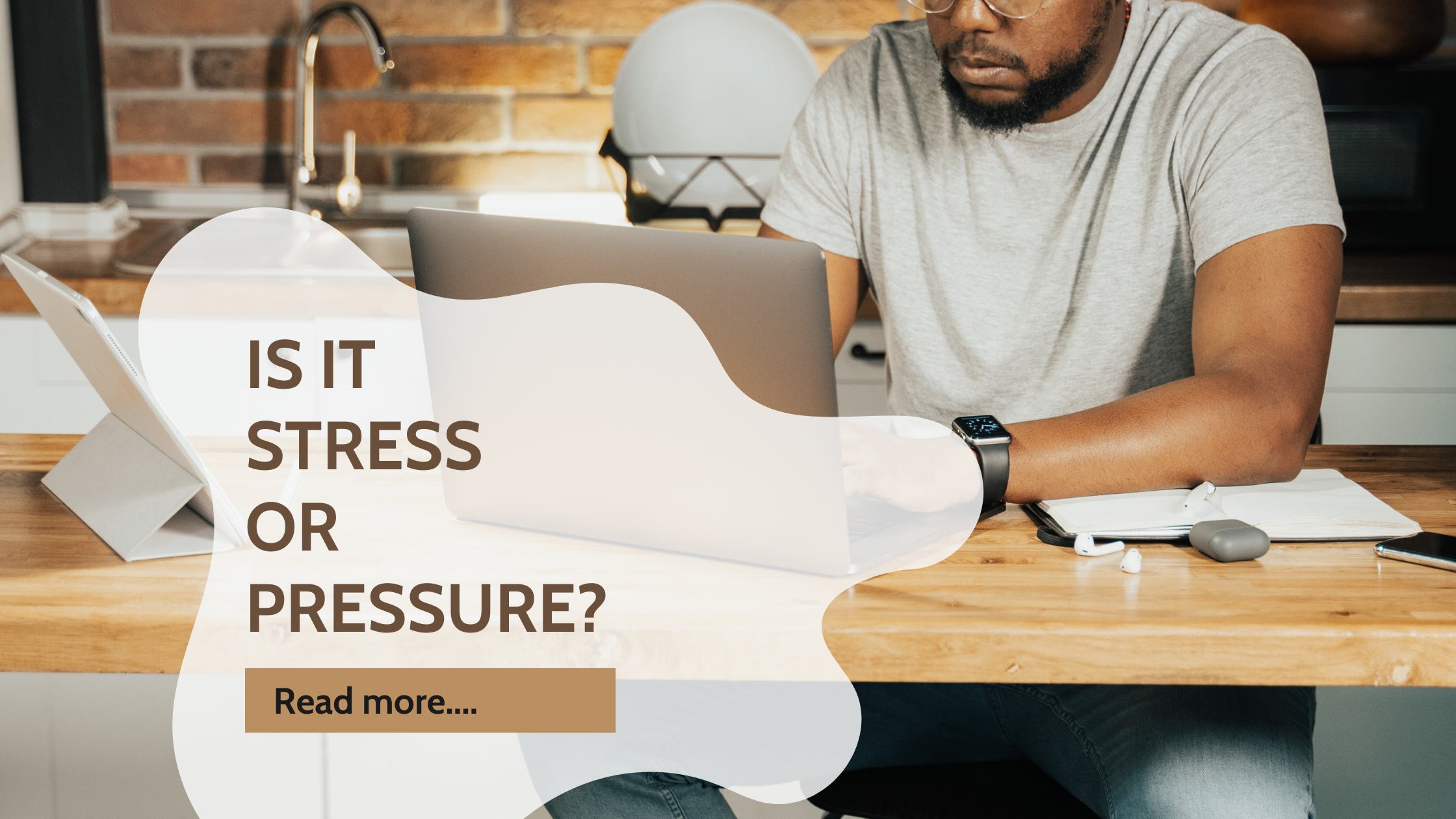I woke up this morning far earlier than I needed to. During the night, my brain wouldn’t shut off. I had an early morning online workshop, deadlines that were running tight, and a long list of to-dos. I was scrambling, worried I wouldn’t have enough time to complete everything.
Warren, naturally, had no issues sleeping and gave me a bit of a hard time for allowing my to-do list to interfere with my sleep and my stress levels. He told me to relax.
I’m not the only one who occasionally feels overwhelmed and threatens burnout unless I get a vacation soon! We all juggle responsibilities, deadlines, and expectations of others, and they leave us feeling stressed and anxious.
But is stress the same as pressure? Are you stressed, or do you feel pressure to get it all done? Are stress and pressure the same, or do they mean different things?
Stress is a situation in which there are too many demands and not enough resources, such as time, money, or energy, to meet them. It is the feeling of being overloaded and overwhelmed by various challenges and obligations.
On the other hand, pressure is a situation in which we perceive that something at stake is dependent on the outcome of our performance. Pressure brings feelings of anxiety and fear, as the consequences of failure or inadequacy can be significant. Pressure is like walking on a tightrope, knowing that a misstep can have a major consequence.
Imagine a day at work with a to-do list several pages long, a looming deadline, and an inbox filled with emails you haven’t even looked at yet. You know you are feeling stressed as there isn’t enough time in the day to get it all done. However, unless there is a sense of urgency or a high-stakes situation tied to the outcome of your work, it is primarily stress rather than pressure.
In contrast, imagine that you are at bat in the ninth inning of the World Series, with the game tied and the winning run in scoring position. You can feel the pressure in this situation, as the outcome of your performance could decide the difference between winning and losing (and all the extras that go with winning the World Series!). The anxiety and fear that arise in this do-or-die moment are characteristic of pressure.
Both stress and pressure can be challenging to manage; however, understanding the difference between them can be helpful. Stress is a normal and unavoidable part of life, but it can be managed through stress-reducing techniques such as exercise, mindfulness, and time management.
Unfortunately, we often create pressure because we have convinced ourselves there is a significant consequence to not managing the situation. We must ask ourselves if it is stress or if we have artificially created pressure because we perceive the stakes as much more than they are.
Back to your busy to-do list. Have you looked at your long list of to-dos, deadlines, and unanswered emails as a do-or-die situation? Have you told yourself that you will lose your job or reputation if you don’t get them all done?
We can reduce a lot of the pressure we self-create by reframing our mindset and understanding that not every situation is a matter of life or death.
Using our stress-management techniques and challenging our beliefs will allow us to manage the situation and not make it far worse than it is. We can create coping mechanisms to maintain our well-being in challenging situations.
So, I got up early and headed into the office to tackle my workload. I’ll get as much done as the day allows and remind myself that I won’t get fired or let down an important client. I can feel more in control by reminding myself that I can manage my stress and that it is not a do-or-die situation.
I expect I’ll sleep better tonight, too.










